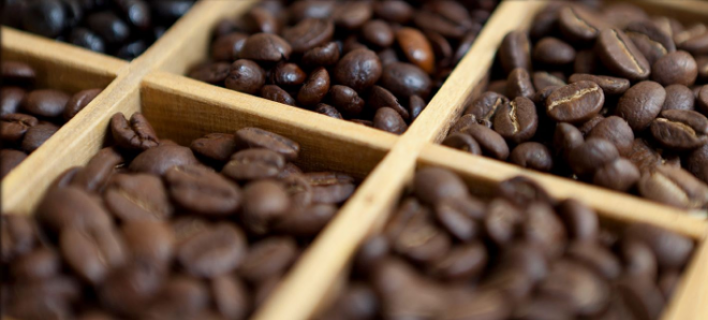A coffee after a meal may in the future be enough to properly regulate the sugar level in a person with diabetes.
Scientists in Switzerland are developing a groundbreaking method that may one day make insulin injections unnecessary: they have created genetically modified cells, which enter the body and release insulin as soon as they detect the presence of caffeine.
Researchers led by Professor Martin Fusseneger of the Swiss Federal Institute of Technology (ETI) in Zurich, published in the journal Nature Communications, according to New Scientist and the Guardian, took human cells and modified human cells. so as to produce insulin.
They then added a receptor (GLP-1 protein) that triggers the release of insulin by pancreatic cells when it senses the presence of caffeine molecules in the body.
Scientists have inserted an implant with hundreds of thousands of modified cells under the skin of ten diabetic mice. After giving them coffee with their food, they found that the experimental animals were now able to control their blood sugar levels as well as the non-diabetic mice.
The risk of accidentally triggering insulin secretion is very low, the researchers said, as they say there are no other major sources of caffeine in food other than coffee, tea or an energy drink (eg Red Bull). .
As mentioned, if you need to increase the dose of insulin, it is enough to increase the amount of caffeine, e.g. with a stronger coffee.
"It's something you can fully integrate into your lifestyle. "Just have a coffee or a tea in the morning, another after lunch and another after dinner, depending on how much insulin you need to take to get your glucose back to normal," said Fussenager.
The cell implant that responds directly to caffeine is estimated to take six months to a year before it needs to be replaced. But it must be further tested in animals and humans before it is ready for use, which can take up to a decade to ensure it is safe and effective.
If, however, it really "works" in humans as well as in experimental animals, then it puts forward a candidate to replace insulin injections, combining terpene (coffee) with the useful (medicine).
This is particularly promising for the more than 400 million people worldwide who suffer from type 2 diabetes. And, as Fussenger said, "I do not know many who drink neither coffee nor tea."
